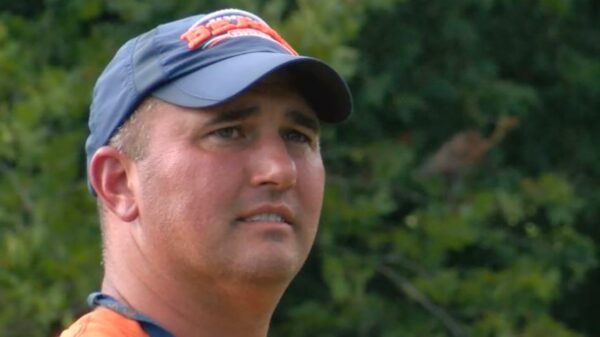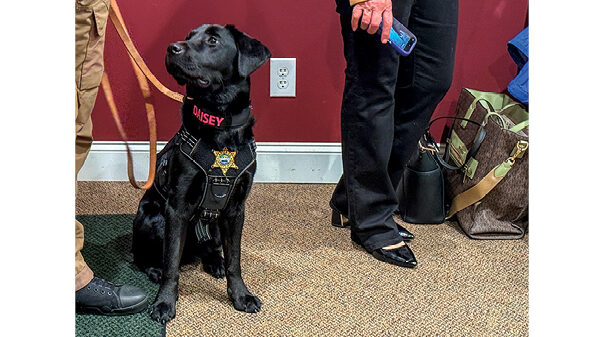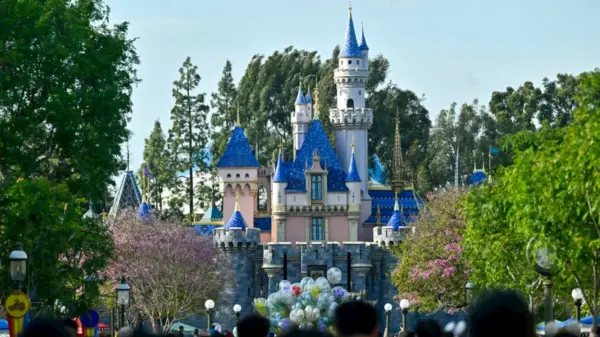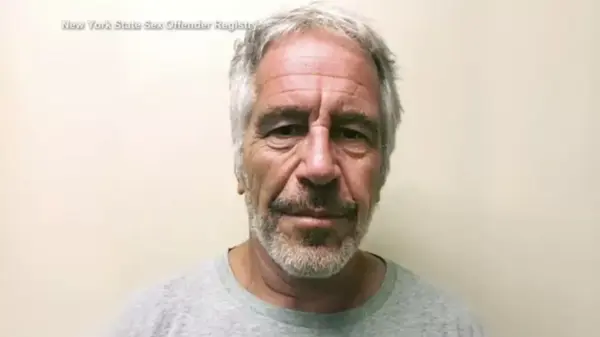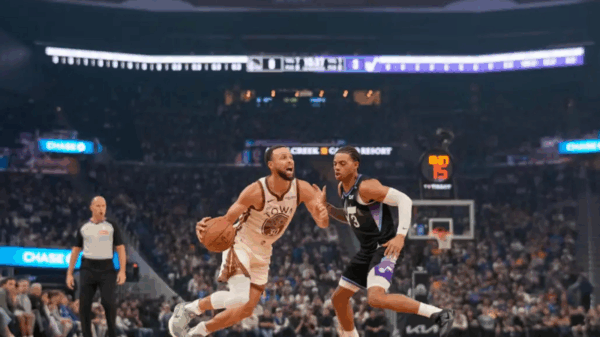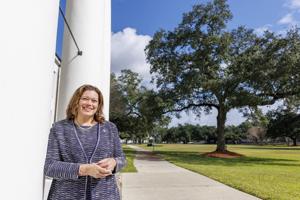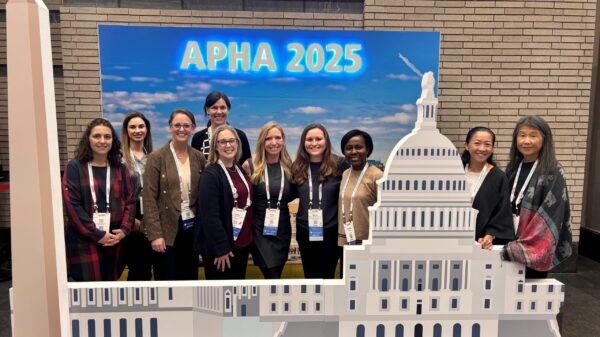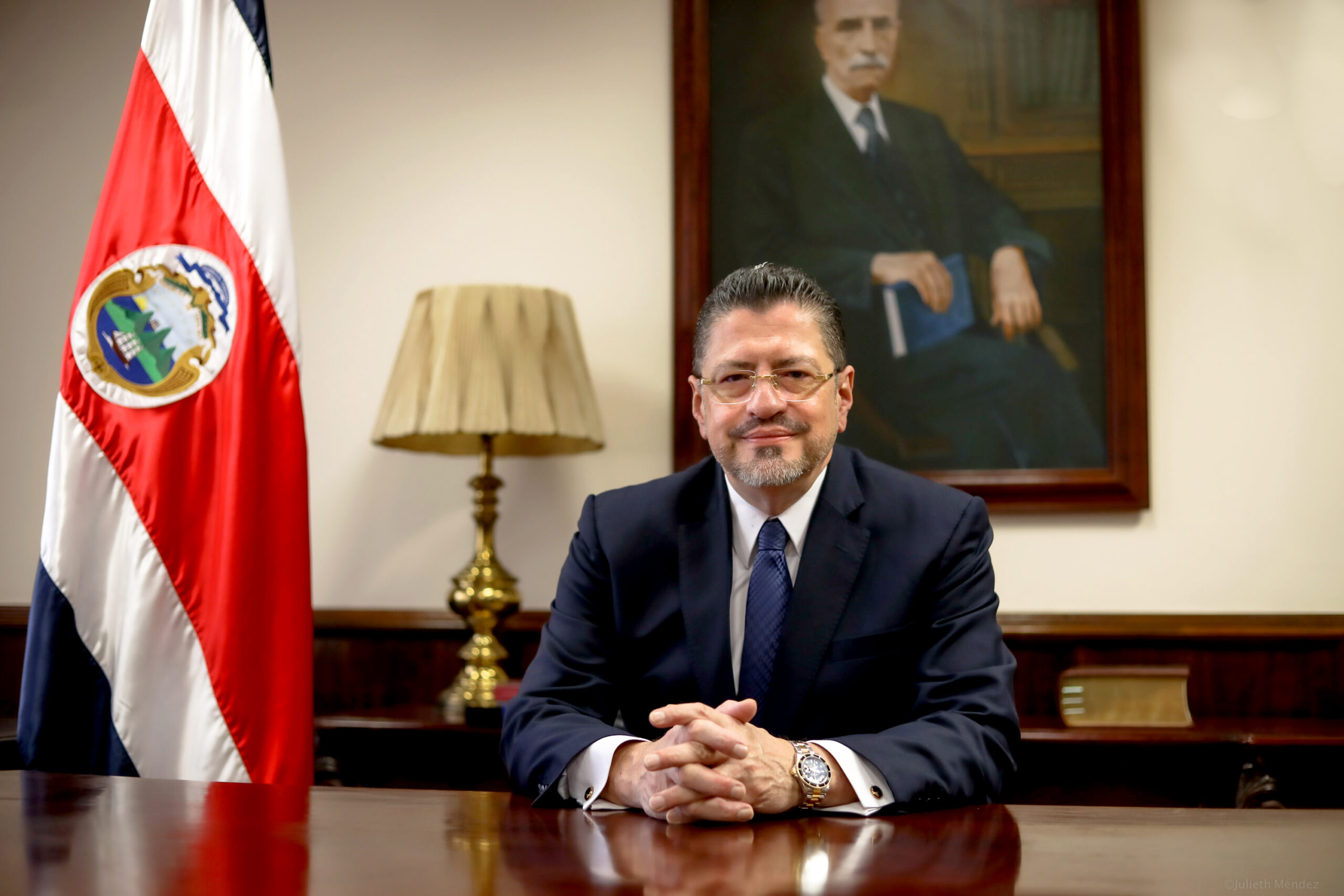Costa Rica’s Supreme Electoral Tribunal has called on the National Assembly to remove President Chaves’s immunity, enabling him to confront allegations of political interference. This request comes shortly after Chaves successfully resisted a similar initiative from the Supreme Court aimed at addressing corruption accusations against him.
The Supreme Electoral Tribunal (TSE), which is responsible for ensuring fair electoral processes in the country, consists of independent judges who oversee electoral matters. Following multiple complaints from lawmakers and political leaders, the TSE unanimously determined that the allegations were valid. According to Article 270 of the Electoral Act, any move to lift the president’s immunity must first be requested from the Legislative Assembly.
In light of these developments, the TSE forwarded its findings to the Assembly, facilitating the progression of the investigation. This action follows claims that President Chaves has engaged in political interference related to the upcoming February 2026 elections. Reports indicate that he has repeatedly breached TSE regulations, which prohibit public officials from commenting on electoral issues.
Additionally, the prosecutor’s office accused Chaves of concusión in April 2025, with the potential penalty for abuse of authority by a public official resulting in up to eight years in prison. Prosecutors allege that Chaves, alongside the Minister of Culture, coerced $32,000 from a contract with the Central American Bank for Economic Integration for personal benefit, directing the funds to his close associate, Federico Cruz, who is now facing separate criminal charges.
The Supreme Court expressed its support for the prosecution of Chaves in July, urging the Legislative Assembly to strip him of immunity so he could be tried on the corruption charges. In August, Chaves appeared before the Assembly’s committee to refute the corruption allegations, labeling the accusations a politically motivated judicial coup d’état. He also criticized the TSE’s campaign regulations, arguing that they infringe on the public’s right to be informed.
Despite the Supreme Court’s recommendation, the National Assembly rejected the attempt to lift Chaves’ immunity, falling short of the necessary supermajority. Only 34 votes were secured out of the required 38, marking an unprecedented moment in Costa Rican history—the first time lawmakers have voted on the removal of a president’s immunity.
Now, with the TSE’s renewed request for the Assembly to reconsider, it remains uncertain whether the political landscape will shift sufficiently to secure the votes needed for the immunity removal. This situation highlights the complexities of Costa Rican politics and the ongoing scrutiny surrounding President Chaves as he faces significant challenges ahead.




